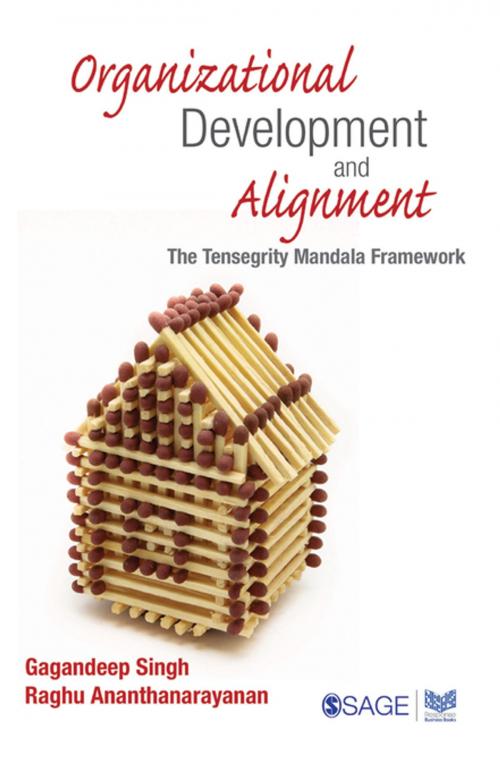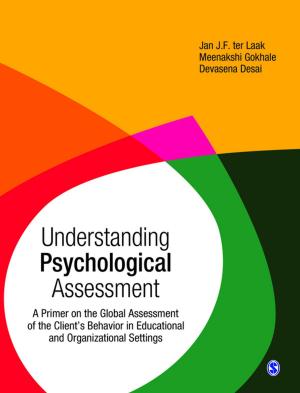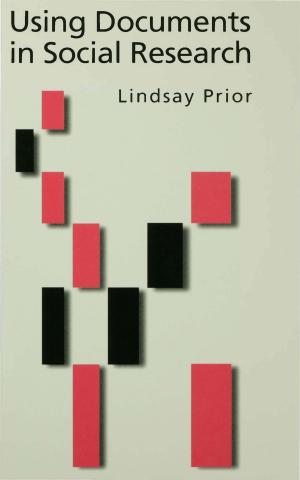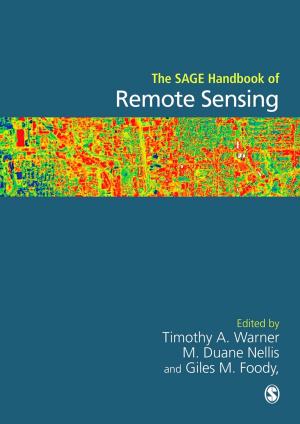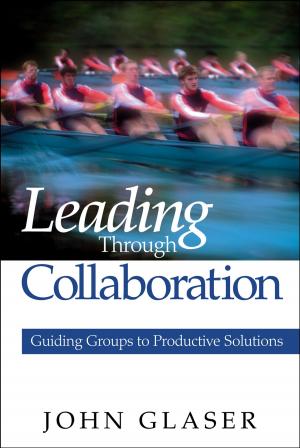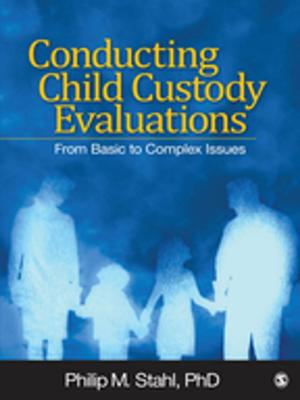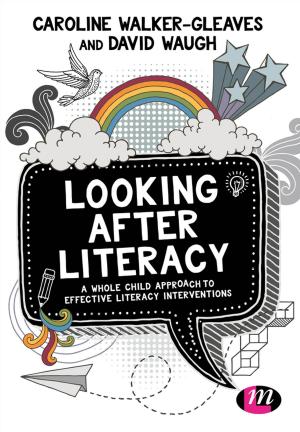Organizational Development and Alignment
The Tensegrity Mandala Framework
Business & Finance, Management & Leadership, Management| Author: | Gagandeep Singh, Raghu Ananthanarayanan | ISBN: | 9788132117520 |
| Publisher: | SAGE Publications | Publication: | May 30, 2013 |
| Imprint: | Sage Publications Pvt. Ltd | Language: | English |
| Author: | Gagandeep Singh, Raghu Ananthanarayanan |
| ISBN: | 9788132117520 |
| Publisher: | SAGE Publications |
| Publication: | May 30, 2013 |
| Imprint: | Sage Publications Pvt. Ltd |
| Language: | English |
Organizational Development and Alignment: The Tensegrity Mandala Framework takes a close look at the underlying axioms of Organization Design and Alignment that have not only proliferated rigid structures and oppressive hierarchies, but also have rendered employees worldwide as mere instruments and dehumanized the organizational context.
By looking at an organizational system as inherently a Tensegrity structure, an architectural paradigm vitalized by Buckminster Fuller, the book offers the reader insights into the dynamic tensions, role-holding, and dialog possibilities that pervade the modern organization across stakeholders such as investors, customers, employees and the ecology.
By containing the organization as a ‘Mandala’, a dynamic force field with arrays of polarities and counter-pulls that burden the leadership, it explicates the various dilemmas that are contained within, and offers insights into design, policies, culture and role-effectiveness. The Tensegrity Mandala empowers the organization of today towards reflexivity and transformation. It serves as a blueprint for growth, organization development, dialog, and institutionalizing leadership.
Organizational Development and Alignment: The Tensegrity Mandala Framework takes a close look at the underlying axioms of Organization Design and Alignment that have not only proliferated rigid structures and oppressive hierarchies, but also have rendered employees worldwide as mere instruments and dehumanized the organizational context.
By looking at an organizational system as inherently a Tensegrity structure, an architectural paradigm vitalized by Buckminster Fuller, the book offers the reader insights into the dynamic tensions, role-holding, and dialog possibilities that pervade the modern organization across stakeholders such as investors, customers, employees and the ecology.
By containing the organization as a ‘Mandala’, a dynamic force field with arrays of polarities and counter-pulls that burden the leadership, it explicates the various dilemmas that are contained within, and offers insights into design, policies, culture and role-effectiveness. The Tensegrity Mandala empowers the organization of today towards reflexivity and transformation. It serves as a blueprint for growth, organization development, dialog, and institutionalizing leadership.
